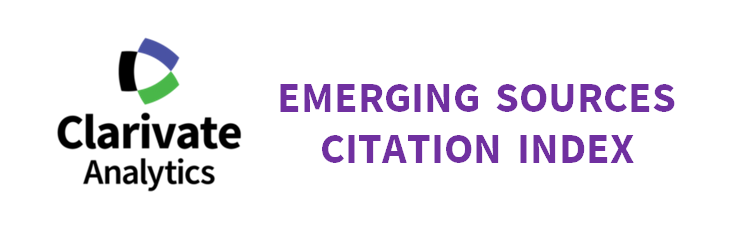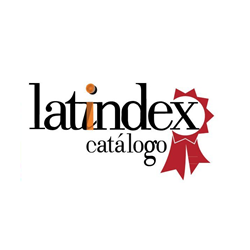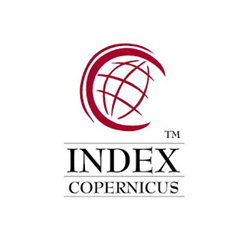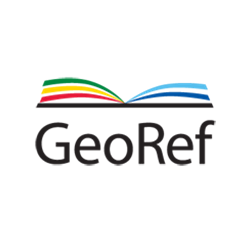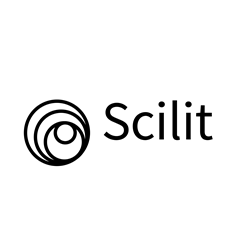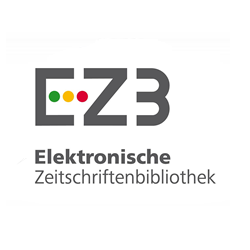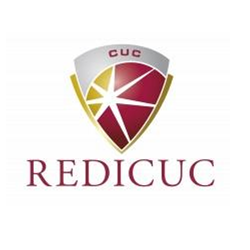Problem-based learning for teaching of design and analysis of experiments
DOI:
https://doi.org/10.17981/ingecuc.12.2.2016.09Keywords:
problems, educational learning, problembased learning, design of experiments, completely randomized design, education.Abstract
There are several didactic proposals for the development of the learning process, each one answer to educational needs and different styles of teaching existing in a classroom. This article explores the use of Based Problem Learning (BPL) in the Design of Experiments area, starting from the principles of the model and implementation of its methodology, that involves the execution of 7 phases: concepts clarification, problem definition, analysis of the problem (brainstorming), systematic classification, formulation of learning objectives, research and individual study, and discussion and report. Finally, a practice was carried out with the students of the Design of Experiments course at University of La Salle, where it was evidenced that the learning objectives with the highest percentage of approval are the construction and development of ANOVA and the application of comparative methods (LSD and TUKEY) with a percentage of 93.8 % and 89.2 % respectively. On the other hand, weaknesses were obtained in learning objectives such as the systemic approach and the execution of blocking factors quantified by 20 % for each.
Downloads
References
[2] H. S. Barrows, “A taxonomy of problem-based learning methods,” Med. Educ., vol. 20, no. 6, pp. 481–486, Nov. 1986. http://doi.wiley.com/10.1111/j.1365-2923.1986.tb01386.x
[3] Servicio de Innovación Educativa de la Universidad Politécnica de Madrid, “Guía Metodológica Aprendizaje Basado en Problemas” 2008. [En línea]. Available: http://innovacioneducativa.upm.es/guias/Aprendizaje_basado_en_problemas.pdf.
[4] G. A. Meneses Benavides and C. E. Ordosgoitia. Morales, “Laboratorio virtual basado en la metodología de aprendizaje basado en problemas, ABP,” Rev. Educ. en Ing., vol. 4, no. 7, pp. 62–73, 2009.
[5] Instituto Tecnológico y de Estudios Superiores de Monterrey. “El Aprendizaje Basado en Problemas como técnica didáctica.” [Online]. Disponible en: http://www2.uca.es/ordenacion/formacion/docs/jifpev4-documentacion.pdf
[6] C. A. Poot-Delgado, “Retos del aprendizaje basado en problemas,” Enseñanza e Investig. en Psicol., vol. 18, no. 2, pp. 307–314, 2013.
[7] H. B. White, D. Allen, B. Duch , S. Groh , S. Mierson and B. Williams, “Problem-Based Learning in Introductory Science Across Disciplines. Report University of Delaware”, Noviembre 1997. [Online]. Available: http://www1.udel.edu/chem/white/finalrpt.html.
[8] C. Arpí Miró, P. Avila Castells, M. Baraldés i Capdevila, H. Benito Mundet, M. J. Gutiérrez del Moral, M. Orts Alis, R. Rigall i Torrent, and C. Rostán Sánchez, “El ABP: origen, modelos y técnicas afines,” Aula innovación Educ., no. 216, pp. 14–18, 2012.
[9] M. D. Armenta Hernández, V. Salinas Urbina, and F. Mortera Gutiérrez, “Aplicación de la técnica educativa aprendizaje basado en problemas para capacitación a distancia (e-learning),” RIED. Rev. Iberoam. Educ. a Distancia, vol. 16, no. 1, pp. 57–83, Jan. 2013.
[10] D. J. Arenas Sepúlveda, . A. M. Aguirre Henao, . M. A. García Arias, E. Zapata Cacierra y M. E. Bernal Loaiza, «Aplicación del diseño de experimentos en el laboratorio de manufactura flexible como aporte a la formación del ingeniero industrial de la universidad tecnológica de Pereira.,» in Worl Engineering Education Forum ACOFI, pp. 1-9, Septiembre 2013.
[11] S. Krishnan, “Student Experiences of Problem-Based Learning in Engineering : Learning Cultures of PBL Teams,” [Ph.D Thesis], Victoria University, 2009.
[12] Y. Londoño Salazar, «Diseño de un experimento de medición a partir de datos cuantitativos para determinar el impacto de la aplicación de lúdicas como herramientas de aprendizaje en la memoria a largo plazo”[Trabajo de Grado], Universidad Tecnológica de Pereira, pp. 1-65, Octubre 2013.
[13] Carmona Martinez, M., Conesa Pérez, M. d., and Ros Clemente, M. I. «Valoración del Aprendizaje Basado en Problemas.,» Revistas Científicas Complutenses., vol. 19, pp. 1-10, 2014.
[14] C. Olivares Palma and P. Solís Morgado, “Efectos de una intervención utilizando Aprendizaje Basado en Problemas 4x4 en la formalización del pensamiento en alumnos de un ramo universitario,” Rev. Psiclogía UVM, vol. 3, no. 5, 2013.
[15] J. García Sevilla, “El Aprendizaje basado en problemas en la enseñanza universitaria,” vol. 32, pp. 1–17, 2008.
[16] A. Escribano and A. del Valle, El aprendizaje basado en problemas: una propuesta metodológica en educación superior. Narcea, 2008.
[17] Education - Maastricht University, “Problem-Based Learning,” 2016. [Online]. Available: https://www.maastrichtuniversity.nl/education/why-um/problembased-learning. [Accessed: 12-Jun-2016].
[18] C. Van Til and F. Van Der Heijden, PBL Study Skills an overview. Maastricht , 2003.
Additional Files
Published
How to Cite
Issue
Section
License
Published papers are the exclusive responsibility of their authors and do not necessary reflect the opinions of the editorial committee.
INGE CUC Journal respects the moral rights of its authors, whom must cede the editorial committee the patrimonial rights of the published material. In turn, the authors inform that the current work is unpublished and has not been previously published.
All articles are licensed under a Creative Commons Attribution-NonCommercial-NoDerivatives 4.0 International License.



 English
English
 Español (España)
Español (España)
